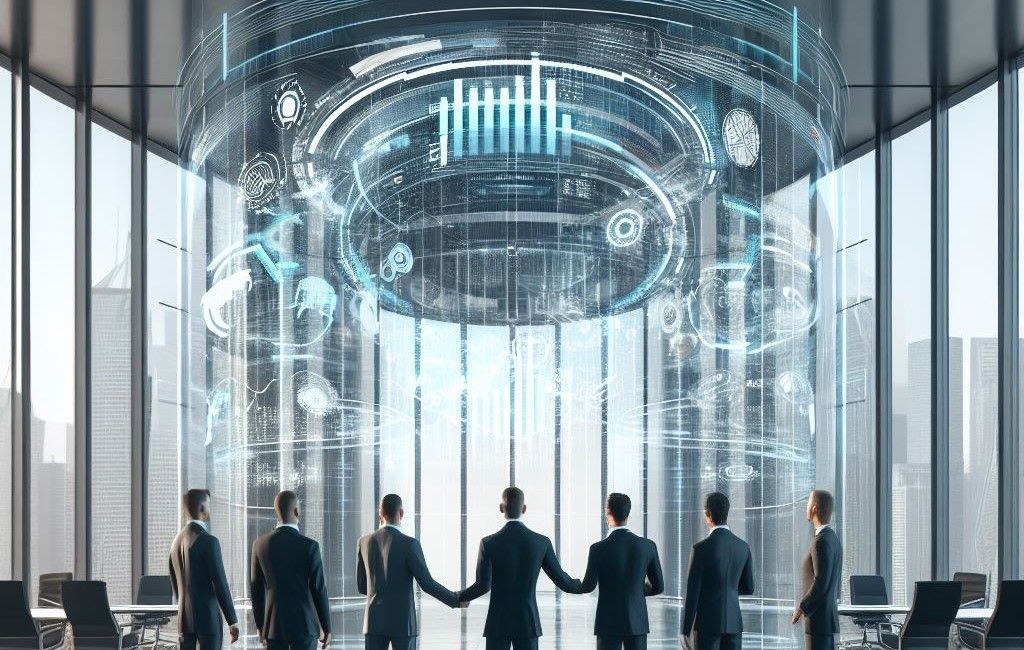November 27, 2023
AI and Manpower

AI (Artificial Intelligence) is significantly impacting the management and optimization of manpower (human resources) in various industries and organizations.
- Recruitment and Talent Acquisition:
- AI-driven tools can automate the screening of resumes and job applications, helping HR teams identify the most qualified candidates more efficiently.
- Candidate Sourcing:
- AI algorithms can analyze vast amounts of data from multiple sources, including social media and job boards, to identify potential candidates who may not have applied directly.
- Candidate Matching:
- AI-powered systems can match candidates with job openings more accurately by considering skills, experience, qualifications, and cultural fit.
- Interviewing and Assessment:
- Video interview platforms equipped with AI can assess candidates' verbal and non-verbal cues, helping HR professionals make more informed hiring decisions.
- AI-driven assessments and simulations can evaluate candidates' technical skills and cognitive abilities.
- Onboarding and Training:
- Chatbots and AI-powered virtual assistants can guide new hires through the onboarding process, providing information, answering questions, and facilitating training modules.
- Predictive Analytics:
- AI can analyze historical HR data to predict employee turnover, allowing organizations to take preventive measures to retain valuable talent.
- Predictive analytics can also help HR forecast workforce needs and make informed decisions about hiring, training, and succession planning.
- Performance Management:
- AI-powered tools can provide real-time feedback and performance metrics to employees, helping them set and achieve goals.
- Machine learning algorithms can identify patterns in employee performance data and recommend improvements.
- Employee Well-being:
- AI can assist in monitoring employee well-being by analyzing data related to work hours, stress levels, and work-life balance, allowing organizations to take action when needed.
- Workforce Optimization:
- AI-driven workforce scheduling and optimization tools can help organizations allocate resources more efficiently, ensuring the right staff is available at the right times.
- Compliance and Risk Management:
- AI can assist HR in compliance efforts by automating tasks related to regulatory reporting and auditing, reducing the risk of non-compliance.
- Customized Learning and Development:
- AI can create personalized learning paths for employees based on their skills gaps and career goals, facilitating continuous learning and development.
- Diversity and Inclusion:
- AI can help mitigate bias in hiring and promotion decisions by anonymizing resumes and assessing candidates solely based on their qualifications.
AI's impact on manpower management is all about enhancing efficiency, making more data-driven decisions, improving employee experiences, and optimizing the workforce for better performance and productivity. However, it's important to use AI responsibly and ensure that it aligns with ethical and legal considerations, particularly in matters related to privacy and fairness.